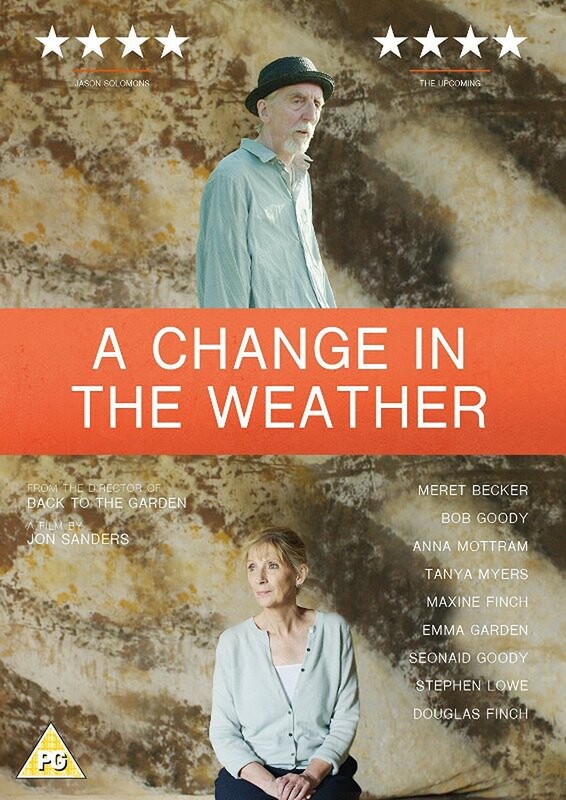A CHANGE IN THE WEATHER is set in idyllic summer weather in timeless southeastern France...
Director: Jon Sanders
Starring: Anna Mottram, Bob Good, Douglas Finch, Meret Becker, Emma Garden.
Jon Sanders, the director of Painted Angels, has collaborated with Anna Mottram and Bob Good before on two previous films, Back to the Garden (2013) and Late September (2012). A CHANGE IN THE WEATHER is the fruit of their latest, longtime collaboration. Evolved through improvisation, the film blurs art and reality in its depiction of a dying marriage.
A CHANGE IN THE WEATHER is set in idyllic summer weather in timeless southeastern France, where a theatre director, his actress wife, a small group of actors and a musician are spending a week together in a remote, rural stone-built house in order to create a new play from scratch. The melancholy, specially composed music by Douglas Finch (also performed by him in character) hints from the start that all is not well.
Actress Lydia (Anna Mottram, who shares writing credits with Sanders) has been a supportive wife to theatre director Dan (Bob Goody) for almost 40 years of marriage. Perhaps she has sacrificed her own ambitions in her marriage, but she has stifled them for so long that she has now difficulty knowing what they were. The story is told in often unexplained, short, sometimes disconnected episodes, mainly from Lydia's viewpoint so that we see the ghost of a dead friend that she sees.
Dan (James Goody) is successful creatively but he is also selfish and needy. He is sensitive with his actors but insensitive to Lydia and indifferent to her needs. He hardly even bothers to hide his irritation with her.
The play the group of actors is improvising is based on the marriage of two characters called Bernard and Elsa – clearly very close to Lydia and Dan. Three actresses play Elsa at different stages of her life. How they build their character is explored in a series of probing interviews. Young Elsa is mercurial German actress and singer Meret Becker and mature Elsa is Monica (Maxine Finch, who tries to teach Dan to loosen up and dance). Finally, present-day Elsa is played by Lydia herself.
Lydia has a middle-class reserve and seems somehow always on the edge of the company, polite, restrained and lonely. All the dialogue seem to have been developed through improvisation, yet oddly that makes it seem less naturalistic rather than more so, and somehow the the acting seems more obvious. Finally the intensity of creating the project together makes Lydia acknowledge openly that her love for Dan has died. In this scene where Lydia and Dan confront the reality of their marriage, the crossover between life and art become so blurred that even they – and us – become confused as to which is which.
A CHANGE IN THE WEATHER is a searing, impressionistic portrait of how love can change over time and the miserable death throes of a marriage. Its unexplained slow reveal can make it a compelling conundrum at times. The most poetic and memorable scene is an improvisation with a life-size male puppet, with a human animator as for War Horse. As the three different Elsas dance with it in turn, its movements subtly age it from young man to old. It’s a moment of theatre and beauty that shines out amid the troubled, conflicting emotions of the group of very privileged people.
View A CHANGE IN THE WEATHER on Amazon
Alexa Dalby

